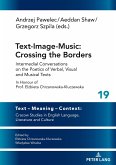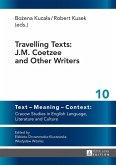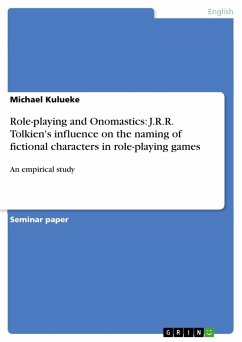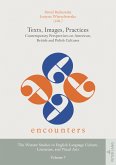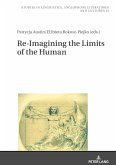The primary objective of this study is to propose a comparative analysis of the political TV interview with reference to two distinct approaches: the theory of discourse (dialogue) games (Carlson 1983), an extension of game-theoretical semantics (GTS) as proposed by Jaakko Hintikka, specifically his strategic paradigm (1973, 1979, 2000), and the strategic perspective adopted by Avinash K. Dixit and Barry J. Nalebuff (1991, 2010 for business games with roots in the mathematical theory of games). Text-forming strategies utilised by the selected British and Polish political figures have been presented and the strategic repertoire of politicians have been systematised following the five master strategies of: cooperation, co-opetition, conflict/competition, manipulation and persuasion.
Bitte wählen Sie Ihr Anliegen aus.
Rechnungen
Retourenschein anfordern
Bestellstatus
Storno


